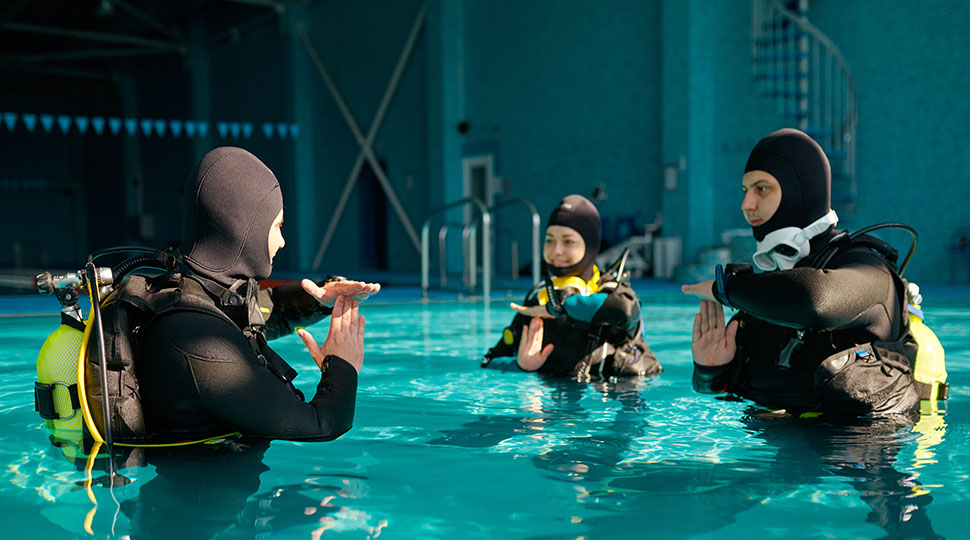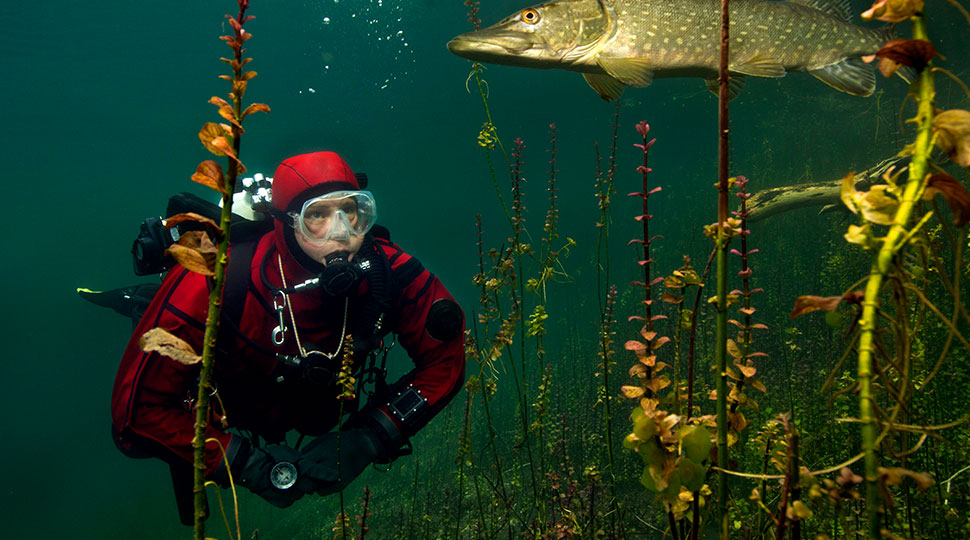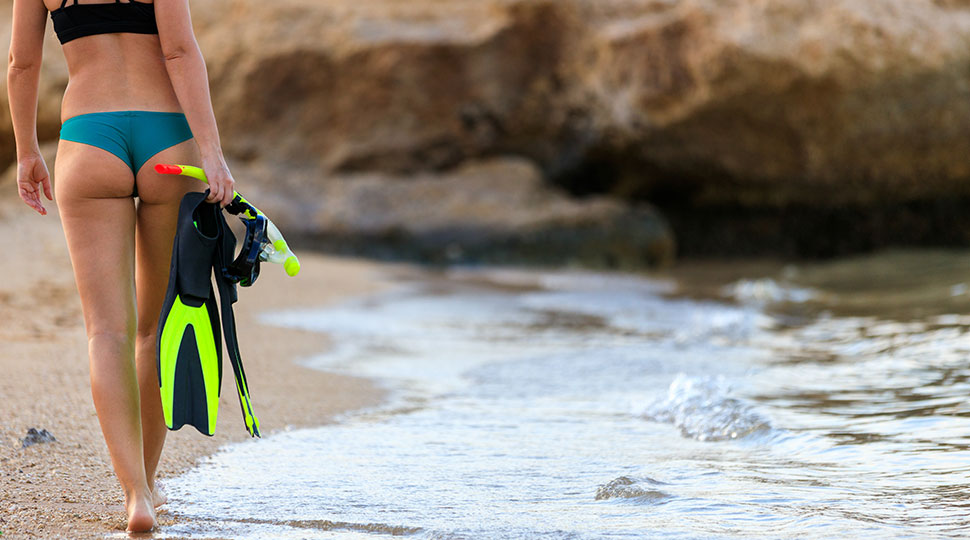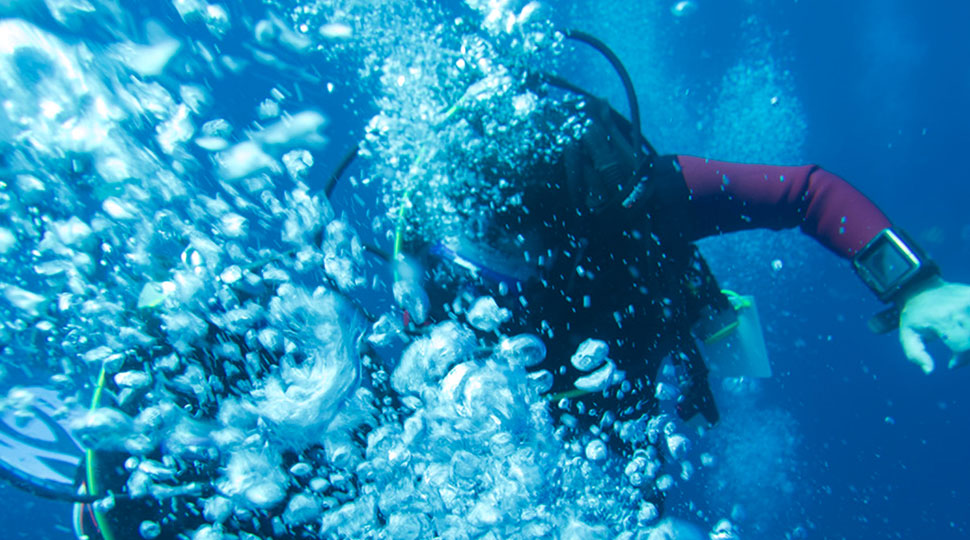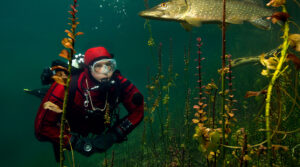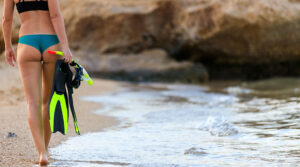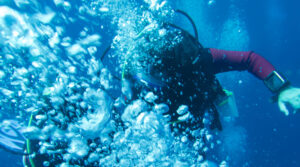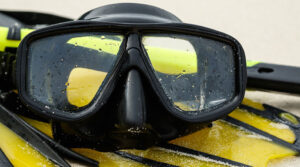Scuba diving affords enthusiasts the unparalleled opportunity to fully immerse themselves in a beautiful underwater world. Thriving marine habitats, rich coral landscapes, and historic shipwrecks all await exploration beneath the surface. While there’s no denying the allure of such remarkable experiences, it’s important to recognize that scuba accidents present certain risks.
A single mistake or oversight during a dive can turn this underwater wonderland into a dangerous and unforgiving environment.
It is essential to be aware of the potential hazards associated with scuba diving and to approach each adventure with safety and training at the forefront of your mind.
Common Scuba Diving Accidents and Injuries
Equipment Malfunction or Failure
As with any activity that relies on proper equipment functionality, scuba diving accidents can sometimes result from equipment malfunctions or failures.
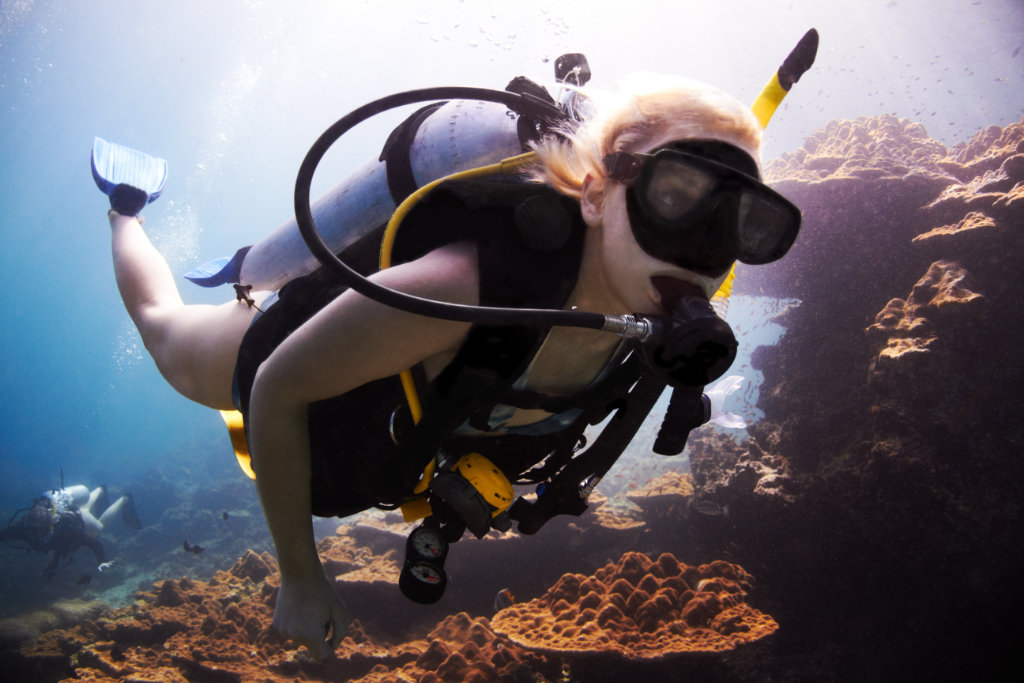
While many pieces of scuba gear are designed for reliability and durability, issues can still occasionally arise. Common problems include regulator failures, which can disrupt the flow of air during a dive, and BCD (buoyancy control device) malfunctions, which can inhibit a diver’s ability to properly stabilize their buoyancy and depth.
In some cases, a leaking tank or an unreadable submersible pressure gauge can lead to a dangerous lack of air supply, putting the diver in jeopardy.
Physical Injury Due to Unfamiliarity With Environment and Conditions
A diver’s unfamiliarity with their environment can lead to various physical injuries. These include cuts and scrapes from sharp corals and rocks, harmful encounters with marine wildlife, and the common danger of overestimating one’s abilities or level of preparedness.
It’s important to know your limits and not push yourself too hard, as well as to be aware of and respect the environment you’re diving in.
Decompression Illness (DCI) or “the bends”
Decompression illness, commonly known as “the bends,” is one of the most severe and potentially deadly scuba diving accidents that can occur underwater. This condition is caused by the severe pain and potential paralysis associated with the rapid ascent and inadequate decompression.
It results from nitrogen bubbles forming in a diver’s blood and tissues following a sudden decrease in pressure. If left untreated, this condition poses a severe threat to a diver’s life and can even be fatal.
Near-drowning Experiences
While scuba diving is a controlled underwater experience that involves the use of specialized breathing equipment, accidents can still lead to near-drowning situations.
Such instances are typically the result of panic, equipment failure, running out of air, or entanglement in underwater structures or equipment.
Prevention Strategies for Safe Scuba Diving Practices
Proper Training and Certification from a Reputable Source
Before embarking on any scuba diving adventure, it is imperative to undergo comprehensive training and certification from a reputable diving organization.
This education serves to establish vital safety protocols, guidelines, and techniques that must be followed to ensure safe diving practices.
As divers become more experienced, they may also choose to participate in advanced courses or specializations to improve their skills and knowledge further.
Adequate Preparation Before Each Dive Including Safety Checks
Before every dive, make sure to take time to adequately prepare and perform equipment safety checks. Familiarize yourself with the dive site and be aware of any hazards or conditions that may be present.
Proper preparation also involves ensuring that you are well-rested, hydrated, and not under the influence of alcohol or drugs.
Awareness of Environmental Conditions, Weather, and Tides
Being aware of the environmental conditions and weather patterns prior to diving is essential for personal safety. Weather conditions can change rapidly, and understanding the impact of tide changes, currents, and marine activity is crucial to a safe dive.
Make sure to keep informed of these changes and adjust your dive plans and goals accordingly.
Use of Appropriate Gear For Specific Conditions and Depths
Utilize the correct gear suited to the specific diving conditions you’ll be encountering. The type of wetsuit, choice of fins, and even regulators must be selected based on the location, depth, and planned activities of your dive.
Using inadequate or incorrect gear can lead to complications, discomfort, or trauma in extreme circumstances.
Refrain From Holding Your Breath During Descents
One of the golden rules of scuba diving is to never hold your breath. Breath-holding can lead to dangerous situations such as lung overexpansion, which can result in serious injury or even death.
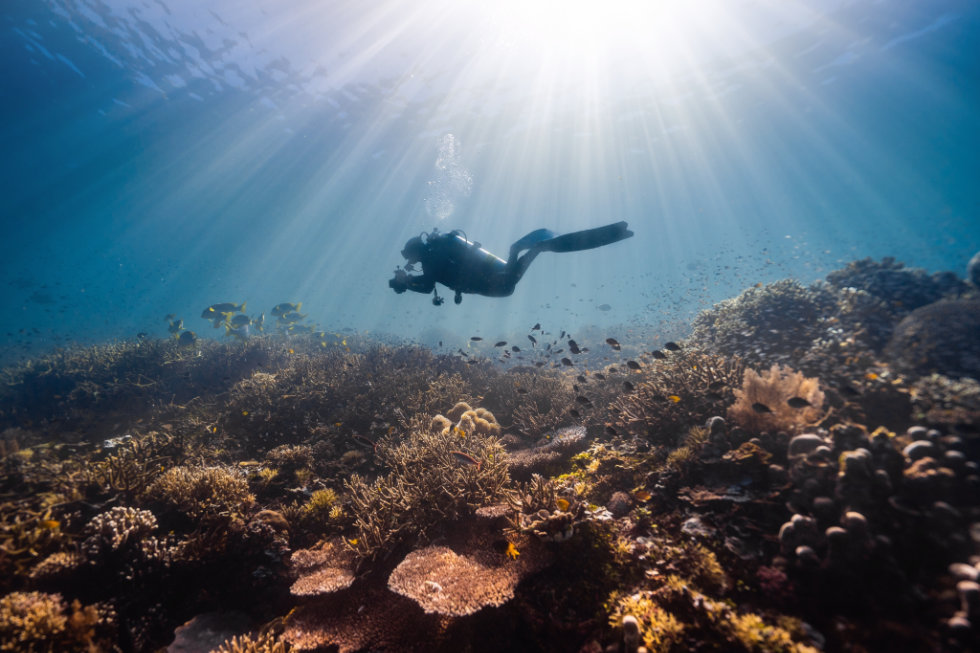
Monitor Air Supply Regularly During Dive
Always monitor your air supply and adhere to the rules of thirds during a dive. This strategy involves reserving one-third of your total air supply for the trip out, one-third for the return, and the last third as a reserve.
Monitoring your air ensures you return to the surface well before depleting your reserves.
Follow All Rules Set Forth by Local Authorities
It’s essential to adhere to all rules and regulations imposed by local authorities regarding scuba diving in their jurisdiction.
These may include restrictions on depth, areas designated as marine reserves, or guidelines on interacting with the local marine life.
The Safety Stop
While the underwater world of scuba diving is incredibly rewarding, it is essential to prioritize safety and training when embarking on each dive.
By being aware of the potential risks, employing best practices and safety measures, and staying diligent in monitoring environmental conditions and equipment, divers can fully experience the joys of scuba diving while minimizing the risk of accidents and injuries.
Remember that proper preparation and adequate training are crucial to ensuring an enjoyable and safe experience for everyone involved.
And never forget to make the mandatory safety stop at 15 feet (5 meters) for three minutes during your ascent, as it allows for much-needed decompression of nitrogen gases to avoid the dreaded “the bends.” Stay safe, respect the underwater environment, and happy diving!

